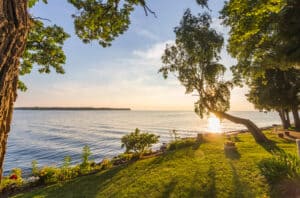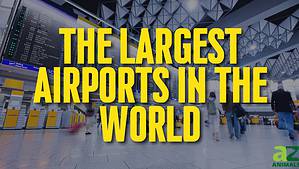Pinpointing the oldest country in Africa is tricky. While sophisticated civilizations with developed cultures lived on the African continent for many millennia, the modern concept of a country is a relatively new idea. Keeping this in mind, let’s explore the 5 oldest countries in Africa!
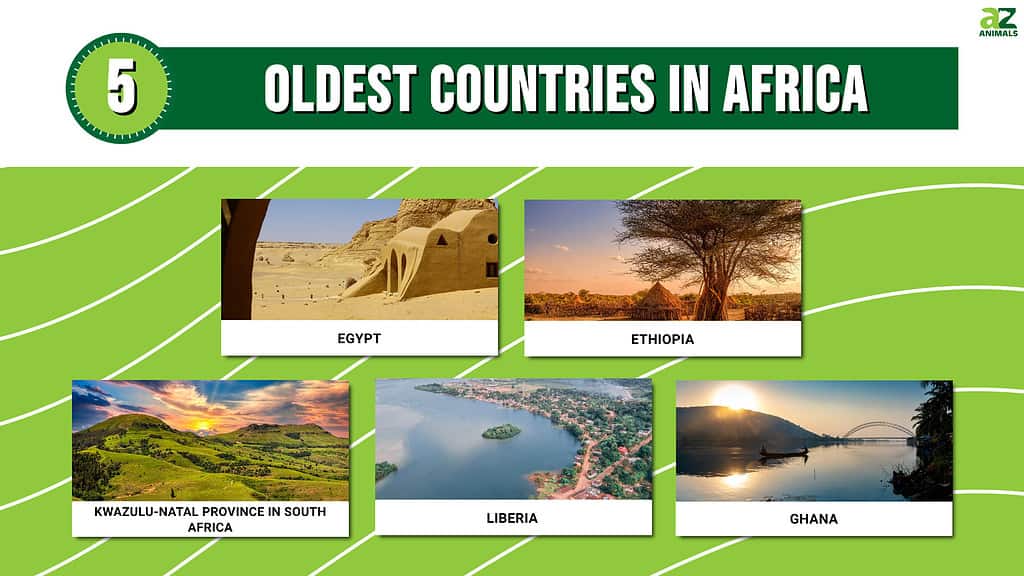
1. Egypt: 5100 Years Old
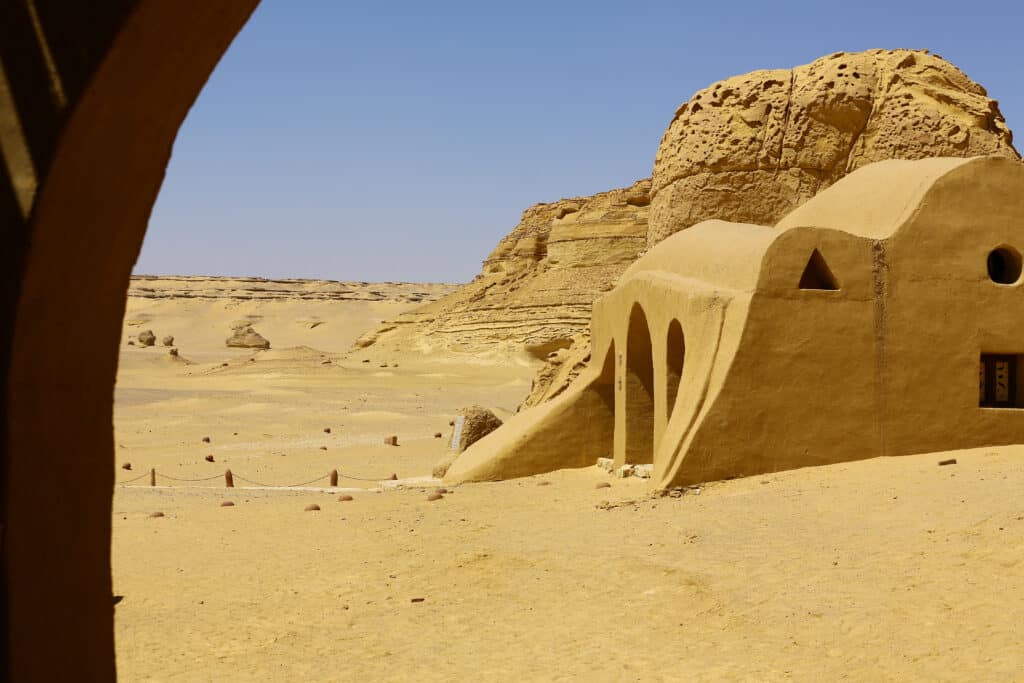
Egypt
is home to one of the oldest cities in the world.
©Novie Charleen Mange/Shutterstock.com
Around 5100 years ago, the Protodynastic Period in Egypt ended. Shortly after, hieroglyphics started to appear. Eventually, a widespread Egyptian identity emerged, prompted by the unification of Lower and Upper Egypt in the First Dynasty under King Narmer.
Until around 1000 BCE, the Mediterranean Sea was a frontier, and no ports existed. Despite this, Egypt has always been an important point on trade routes.
Since the development of trade in hominid groups, routes between North Africa and the Middle East have traversed Egyptian territory. Egypt was an important midpoint between European powers and the rest of the known world in the Middle Ages.
In the 300s CE, Theodosius closed all of the Egyptian temples in Egypt. He became the Roman Emperor responsible for the end of the working knowledge of ancient hieroglyphics.
Other empires had their hands on Egypt for a time, including the Byzantines, Persians, Arab Islamic Empire, Ottomans, and the French. British Colonialism followed the Muhammed Ali Dynasty, and eventually, Egypt became independent. Egypt has been a modern independent country since 1953 CE.
2. Ethiopia: 3000 Years Old
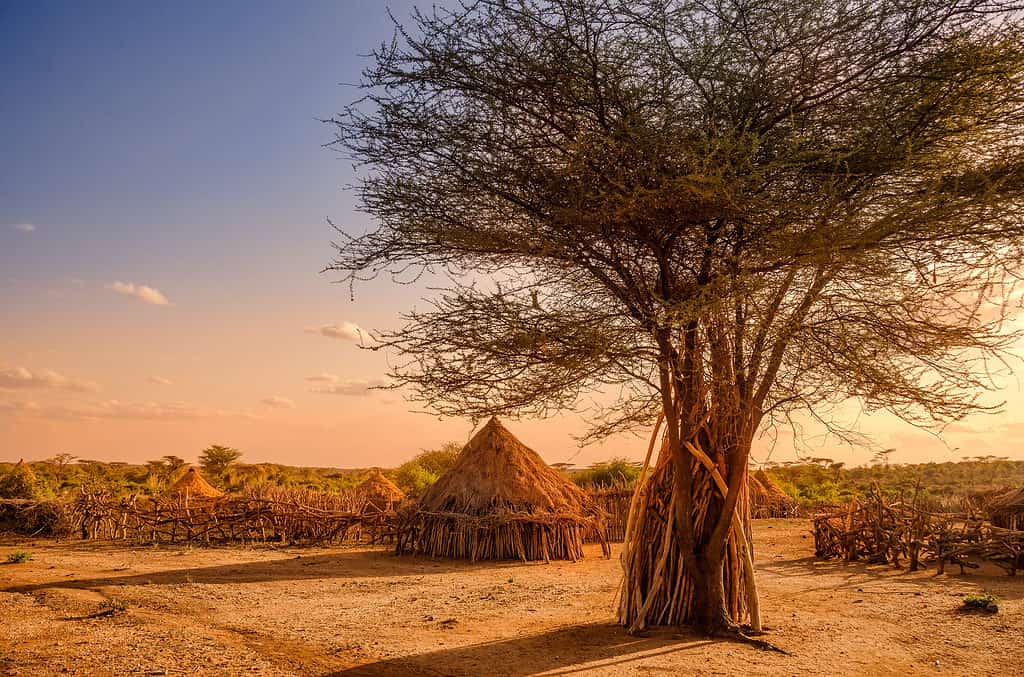
Huts in an indigenous Ethiopian village.
Officially called the Federal Democratic Republic of Ethiopia,
Ethiopia
is a country in the Horn of Africa where the oldest human remains were found.
©Luisa Puccini/Shutterstock.com
Ethiopia’s first obvious evidence of true civilization begins around 980 BCE as the kingdom named D’mt. In the first century CE, the powerful Kingdom of Axum came to power. From there, the area passed was ruled by various powers.
Some of the earliest evidence of prehistoric humans is found in Ethiopia. This makes it one of the oldest continuously habited regions on earth. Today, there are around 110 million people in Ethiopia.
Hominid remains were found in Ethiopia, dating back over 4 million years. Ardipithecus ramidus and Australopithecus afarensis are two examples of important fossilized humanoid species found in Ethiopia. These species are closely related to apes and chimpanzees compared to Homo sapiens.
Ethiopia is also the only major region that successfully resisted European colonization. However, Italy was able to colonize the historical boundary of Ethiopia along the Red Sea for a few years. This area is now the country of Eritrea.
The current president is the first woman to hold office in the country. Her name is Sahle-Work Zewde, and she’s the fourth elected president. Conflicts in the country for years between different ethnic groups have led to millions of displaced people and refugees.
Ethiopia is no stranger to drought; however, the last 50 years have been the driest in history. Because of this, crops are failing, and citizens in rural areas are in danger.
3. KwaZulu-Natal Province in South Africa: 207 Years Old
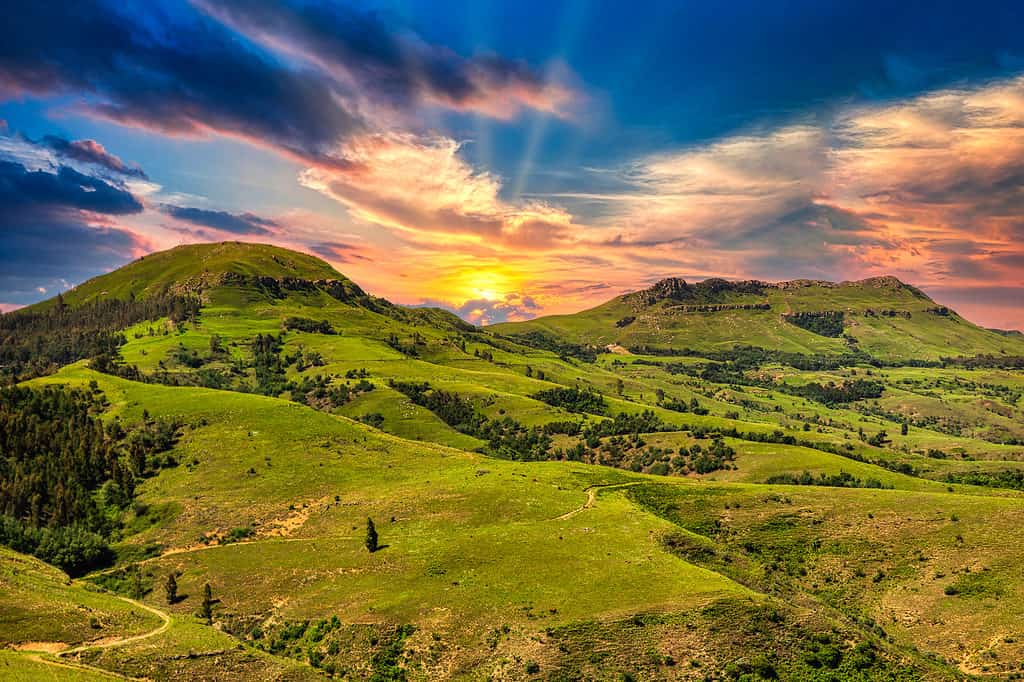
The KwaZulu-Natal Province in South Africa.
©Arnold.Petersen/Shutterstock.com
The KwaZulu-Natal Province in South Africa is the Zulu culture’s traditional home, dating back to 1574 CE. King Shaka helped unify the Zulu tribes into the Zulu Kingdom 207 years ago.
The Zulu Kingdom was at war with the British in the 1800s CE. While the Zulu Kingdom was conquered by the British before South Africa attained independence, the monarchy still has special legal rights in its historic home area. This makes Zulu royalty the oldest extant monarchy in Africa.
KwaZulu is rooted in racist apartheid South African policies that created fractured black communities. Isolated islands of land surrounded by white-owned property were called KwaZulu, served as a home ground for the Zulu. Zulus were stripped of their South African citizenship and sent to KwaZulu.
The Apartheid ended in 1994 CE, and KwaZulu was incorporated into the surrounding province of Natal. That’s how today’s KwaZulu-Natal Province came to be.
Zulu is South Africa’s official language and the most widely spoken language. More than 50 percent of the people in the country understand the Zulu language.
4. Liberia: 176 Years Old
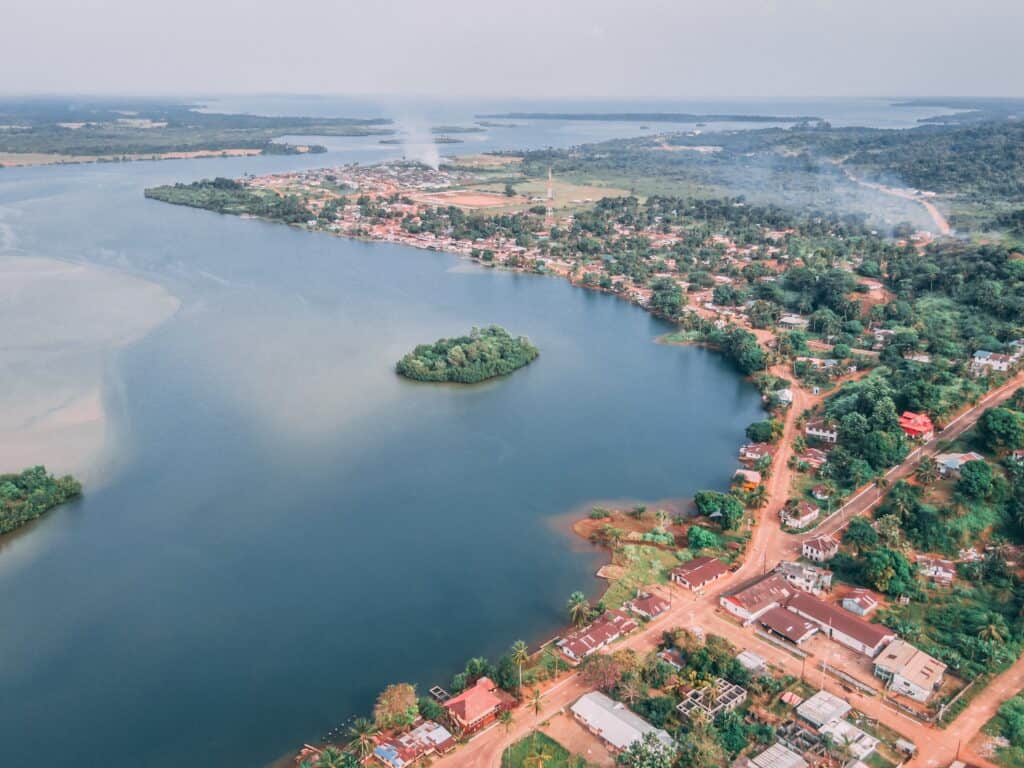
Liberia
contains two groups of people: descendants of Americo-Liberians and indigenous people groups.
©Wirestock Creators/Shutterstock.com
Stone artifacts that are over 1.5 million years old have been discovered in the area that is now Liberia. This means that the area hosted intelligent hominids well before the dawn of Homo sapiens. There is also evidence of Stone Age cultures.
On July 26, 1847, Liberia declared independence after Americans moved tens of thousands of free blacks to the country. An Americo-Liberian elite migrated from the USA and established a government that elected Joseph Jenkins Roberts as its first president.
The initial idea was that Liberia would be an African-American colony driven by exploiting the indigenous population and localized resources. In 1980, a military coup overthrew the current Americo-Liberian president, and the country experienced two civil wars. More than 250,000 people perished in these conflicts or 8 percent of the Liberian population.
90 percent of the economy was destroyed during these civil wars. After a peace agreement in 2003, the first woman president in Africa, Ellen Johnson Sirleaf, was elected. In 2015, 83 percent of the population lived in poverty.
5. Ghana: 66 Years Old
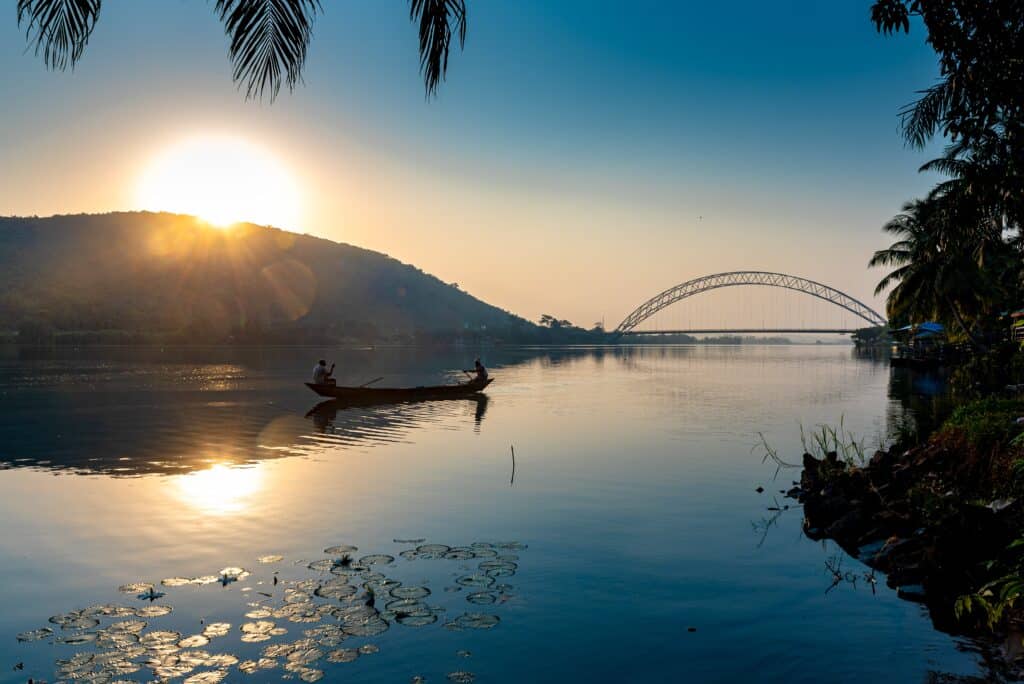
The Adomi Bridge in Ghana at sunrise.
©Pronto Kwabena Sakyi/Shutterstock.com
On March 6, 1957, Ghana became the first country to gain independence from colonialism. Today, Ghana is a fragile democracy that has been established through trial and error.
By the late 1400s, the Portuguese arrived and named Ghana the Gold Coast. Various European powers then ruled it until it was controlled by the British. Approximately one-tenth of the trading of human slaves that fueled the Transatlantic Slave Trade happened on the Gold Coast.
The current country of Ghana is named after an ancient empire known as the West African Ghana Empire. After 1076 CE, the Ghana Empire assimilated into the culture of subsequent conquerors, including the Mali Empire. The country’s namesake wasn’t in Ghana’s current boundaries but in the West African region.
Summary of the 4 Oldest Countries in Africa:
| Country | Age in Years | Location |
|---|---|---|
| Egypt | 5100 | Northeast corner of Africa |
| Ethiopia | 3000 | Horn of Africa |
| KwaZulu-Natal Province of South Africa | 207 | Bottom of Africa in the south |
| Liberia | 176 | Western Africa on the Atlantic |
| Ghana | 66 | Western Africa on the Atlantic |
The photo featured at the top of this post is © iStock.com/Islam Moawad
Thank you for reading! Have some feedback for us? Contact the AZ Animals editorial team.



